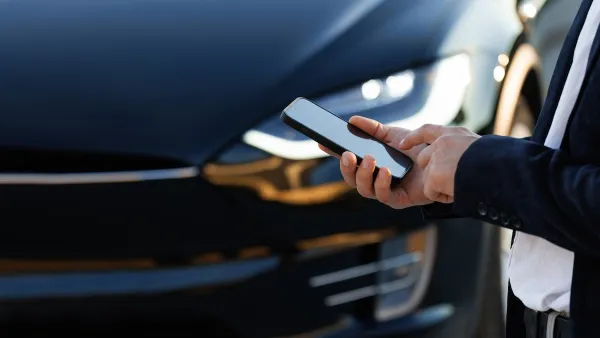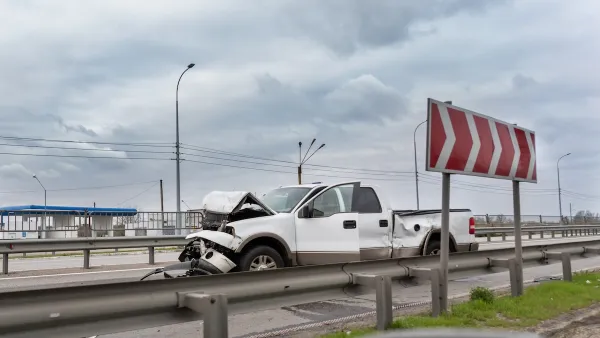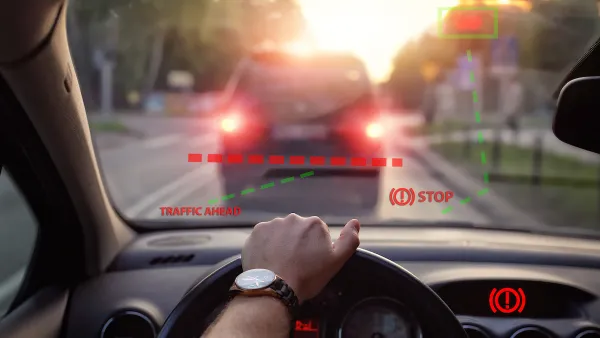Self-driving cars may still be several years away, but federal officials are already looking to restrict the ability of drivers to operate their cars to improve road safety. They're pushing for the adoption of new technologies to reduce human error.
"Auto safety regulators are pushing for new equipment to protect motorists from their biggest threat: themselves," writes Jerry Hirsch. "They're aiming to keep drunk drivers off the road with the help of onboard technology that immobilizes their cars. New vehicles may soon come with systems to help prevent collisions. And engines may not start unless occupants buckle their seat belts."
But a similar initiative - a seat-belt monitoring system mandated by the National Highway Traffic Safety Administration in the mid 1970s - was rolled back in response to public backlash. And Jeremy Anwyl, an automotive industry consultant and former chief executive of Edmunds.com, "suspects renewed efforts by government to keep tabs on driving behavior will elicit a similar outcry."
"People won't like the idea that all of a sudden they are no longer completely in control," he said. "They might not buy a new vehicle and instead just keep the car they have."
FULL STORY: Auto safety initiative seeks to reduce driver errors

Analysis: Cybertruck Fatality Rate Far Exceeds That of Ford Pinto
The Tesla Cybertruck was recalled seven times last year.

National Parks Layoffs Will Cause Communities to Lose Billions
Thousands of essential park workers were laid off this week, just before the busy spring break season.

Retro-silient?: America’s First “Eco-burb,” The Woodlands Turns 50
A master-planned community north of Houston offers lessons on green infrastructure and resilient design, but falls short of its founder’s lofty affordability and walkability goals.

Test News Post 1
This is a summary

Analysis: Cybertruck Fatality Rate Far Exceeds That of Ford Pinto
The Tesla Cybertruck was recalled seven times last year.

Test News Headline 46
Test for the image on the front page.
Urban Design for Planners 1: Software Tools
This six-course series explores essential urban design concepts using open source software and equips planners with the tools they need to participate fully in the urban design process.
Planning for Universal Design
Learn the tools for implementing Universal Design in planning regulations.
EMC Planning Group, Inc.
Planetizen
Planetizen
Mpact (formerly Rail~Volution)
Great Falls Development Authority, Inc.
HUDs Office of Policy Development and Research
NYU Wagner Graduate School of Public Service




























